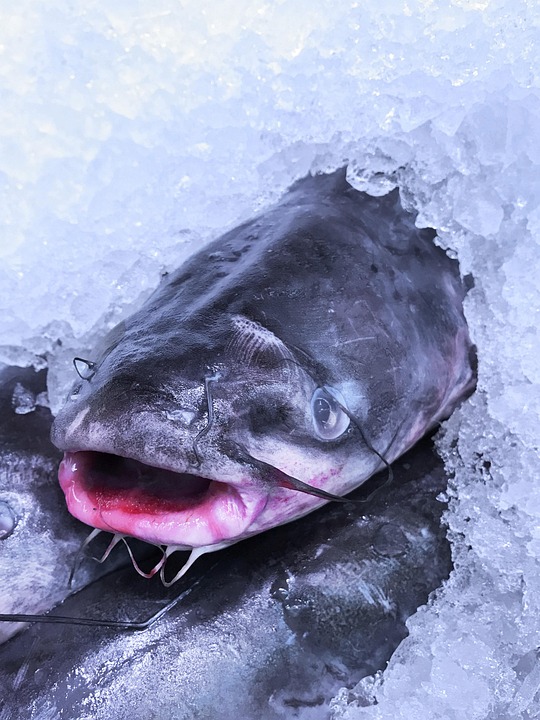Sustainability Certifications in the Frozen Seafood Category
Overview of Sustainability Certifications
Sustainability certifications play a crucial role in the frozen seafood industry, ensuring that products are sourced and processed in an environmentally and socially responsible manner. These certifications are awarded to companies that meet specific criteria related to sustainable fishing practices, ethical labor standards, and responsible supply chain management.
Importance of Sustainability Certifications
Consumers are becoming increasingly conscious of the environmental impact of their food choices, and sustainable certifications provide them with assurance that the seafood they are purchasing has been produced in a sustainable manner. In addition, retailers and foodservice providers are also placing a greater emphasis on sourcing sustainable products to meet consumer demand and adhere to corporate social responsibility goals.
Key Sustainability Certifications in the Frozen Seafood Category
Some of the most recognized sustainability certifications in the frozen seafood category include:
1. Marine Stewardship Council (MSC): The MSC certification is one of the most widely recognized certifications for sustainable seafood. Products with the MSC label have been sourced from fisheries that meet strict sustainability standards, ensuring that fish stocks are healthy and fishing practices are environmentally responsible.
2. Aquaculture Stewardship Council (ASC): The ASC certification is awarded to aquaculture operations that adhere to stringent environmental and social criteria. This certification indicates that the seafood has been farmed in a responsible manner, minimizing its impact on the environment and local communities.
3. GlobalG.A.P.: GlobalG.A.P. is a certification standard that covers a wide range of agricultural products, including seafood. This certification focuses on ensuring food safety, environmental sustainability, and social welfare throughout the production process.
Financial Impact of Sustainability Certifications
Obtaining sustainability certifications can have both costs and benefits for companies in the frozen seafood industry. While the certification process can be expensive and time-consuming, it can also open up new market opportunities and attract environmentally conscious consumers. In fact, research has shown that products with sustainability certifications often command a premium price in the market, leading to increased revenue for certified companies.
Industry Insights and Trends
The frozen seafood industry is experiencing a growing demand for sustainable products, driven by increasing awareness of environmental issues and concerns about overfishing. As a result, more companies are seeking sustainability certifications to differentiate themselves in the market and appeal to eco-conscious consumers.
In addition, retailers and foodservice providers are placing greater emphasis on sourcing sustainable seafood to meet consumer demand and enhance their corporate social responsibility initiatives. This trend is expected to continue in the coming years, with sustainability certifications playing an increasingly important role in the frozen seafood category.
Overall, sustainability certifications are becoming a key differentiator in the frozen seafood industry, helping companies to demonstrate their commitment to environmental and social responsibility while meeting the growing demand for sustainable products. By investing in sustainability certifications, companies can not only improve their market competitiveness but also contribute to the long-term health of our oceans and seafood resources.




